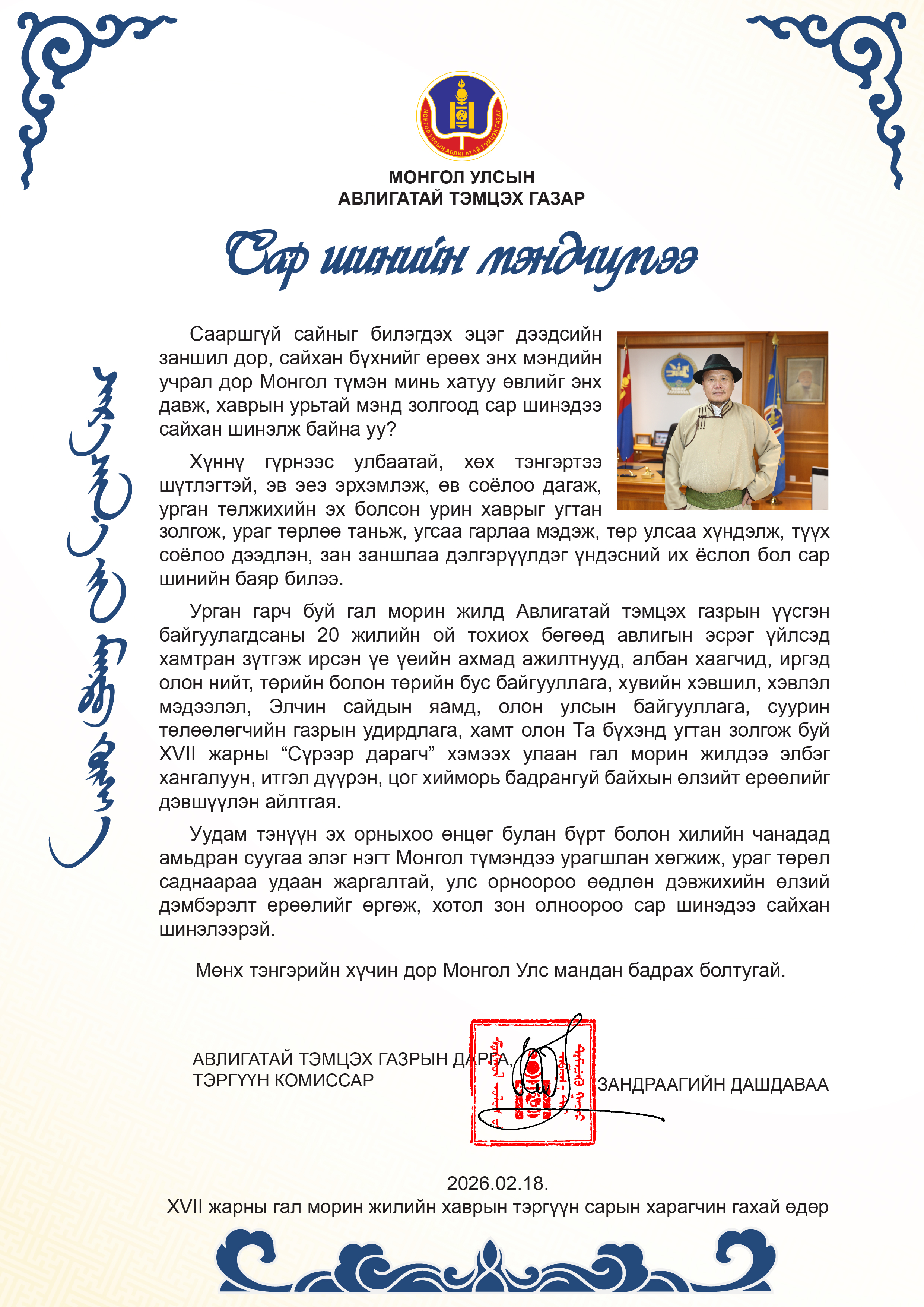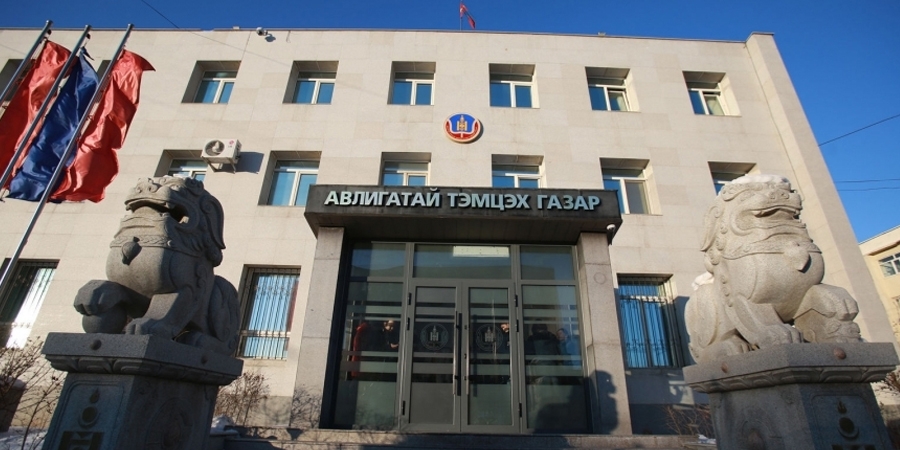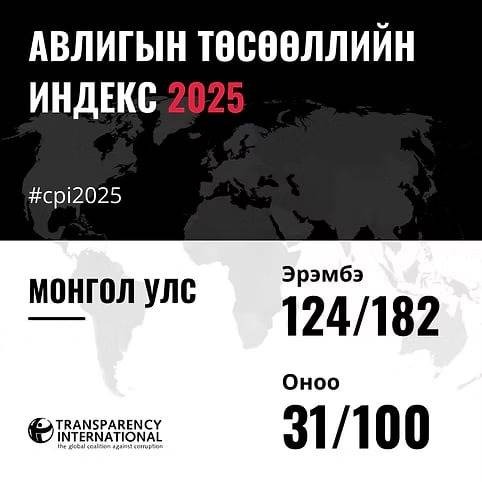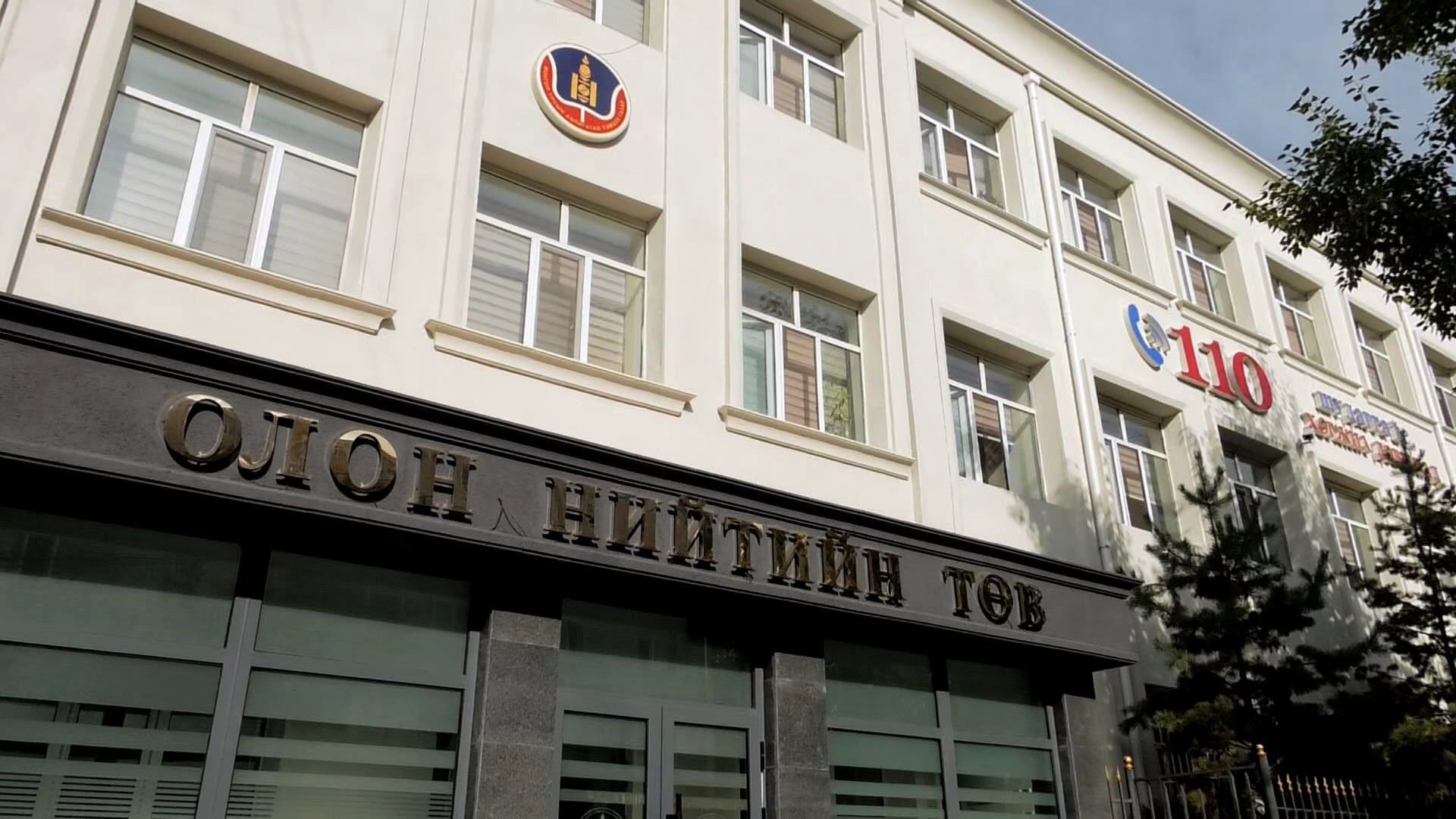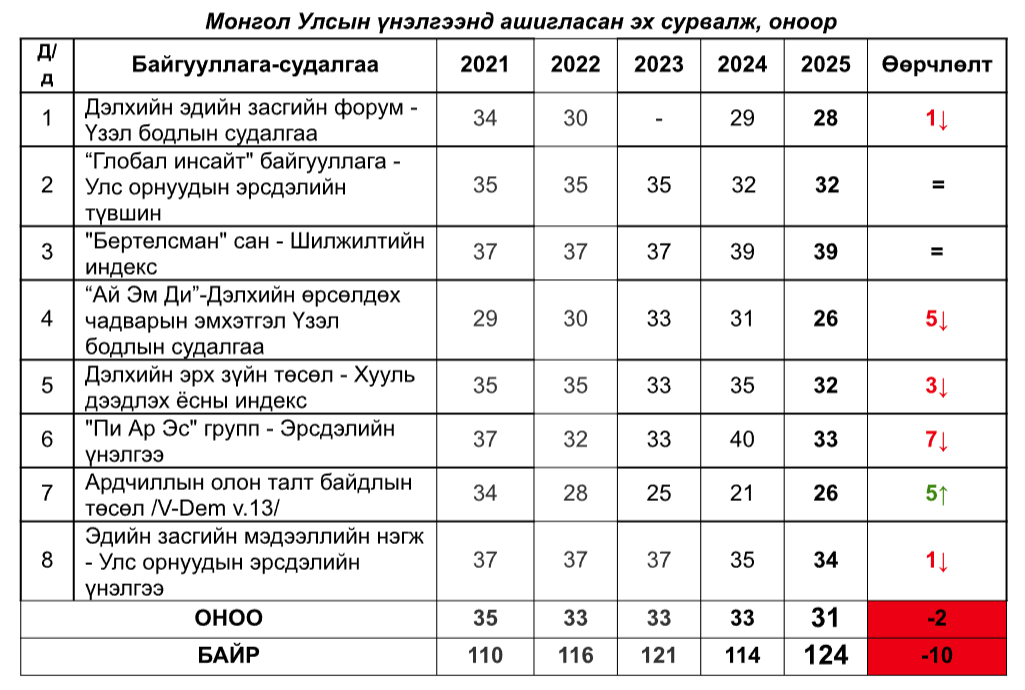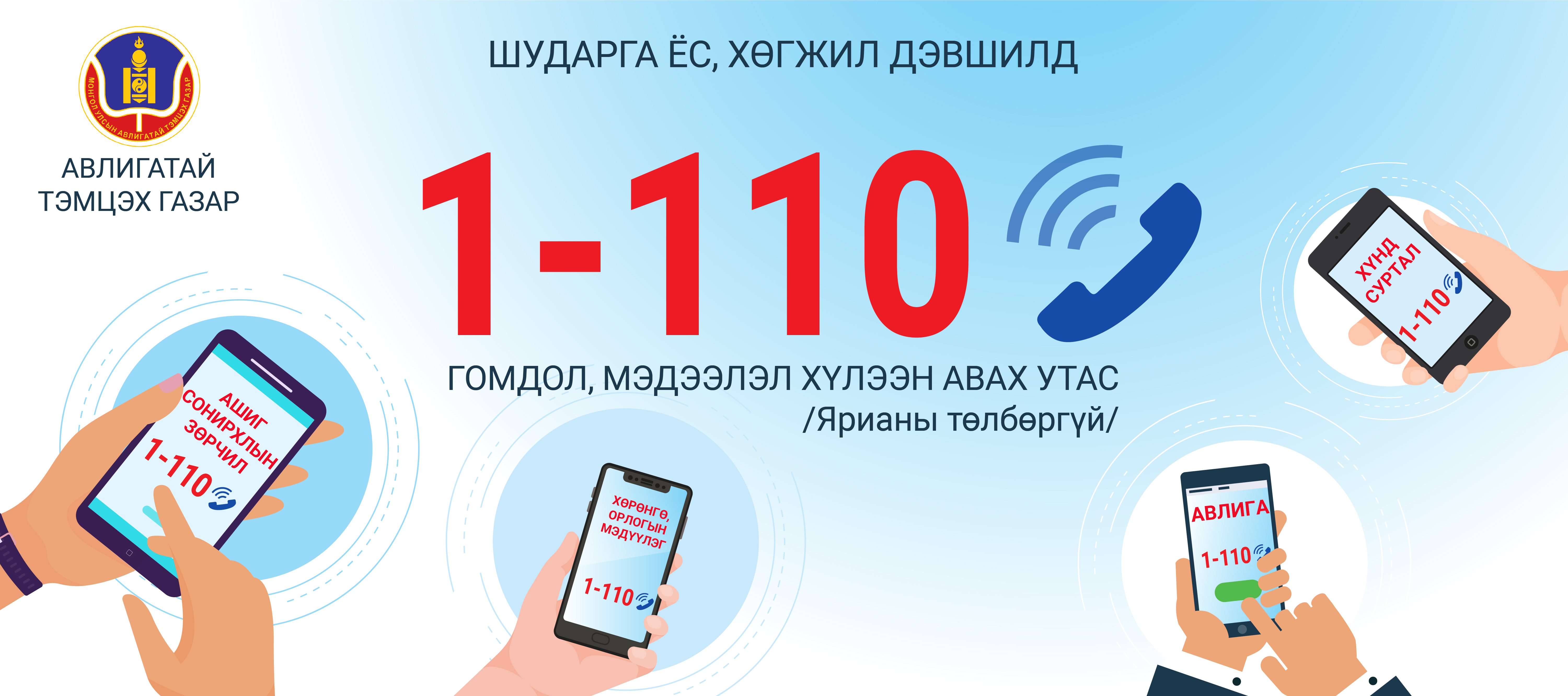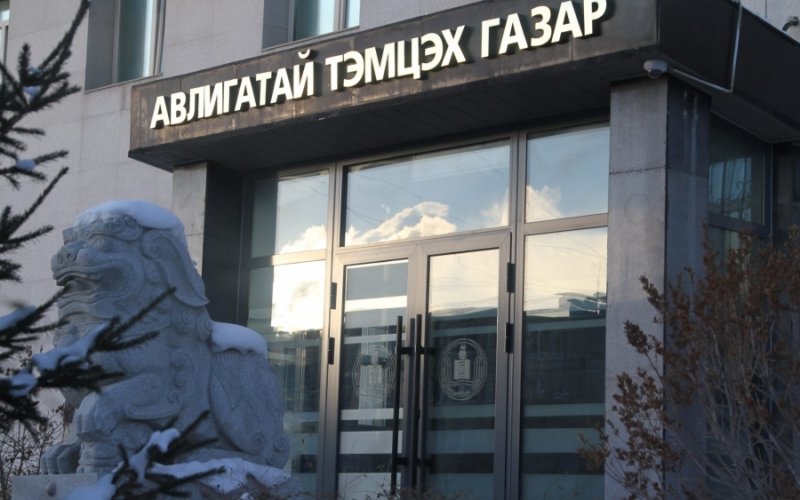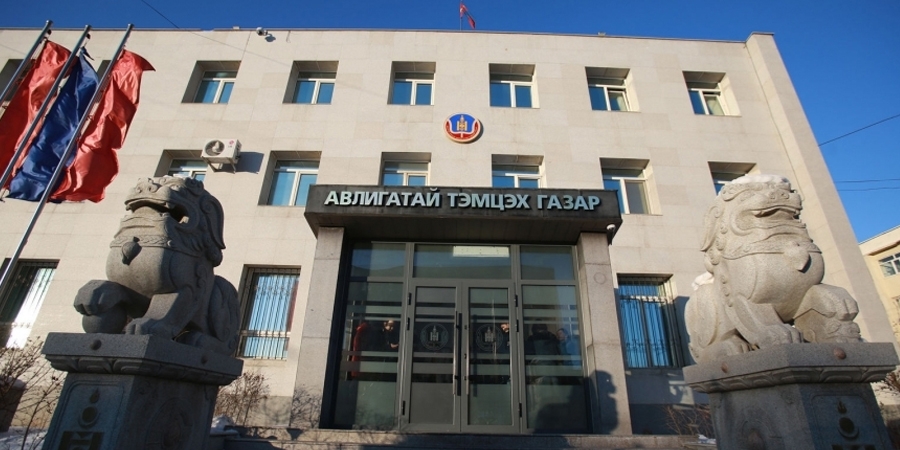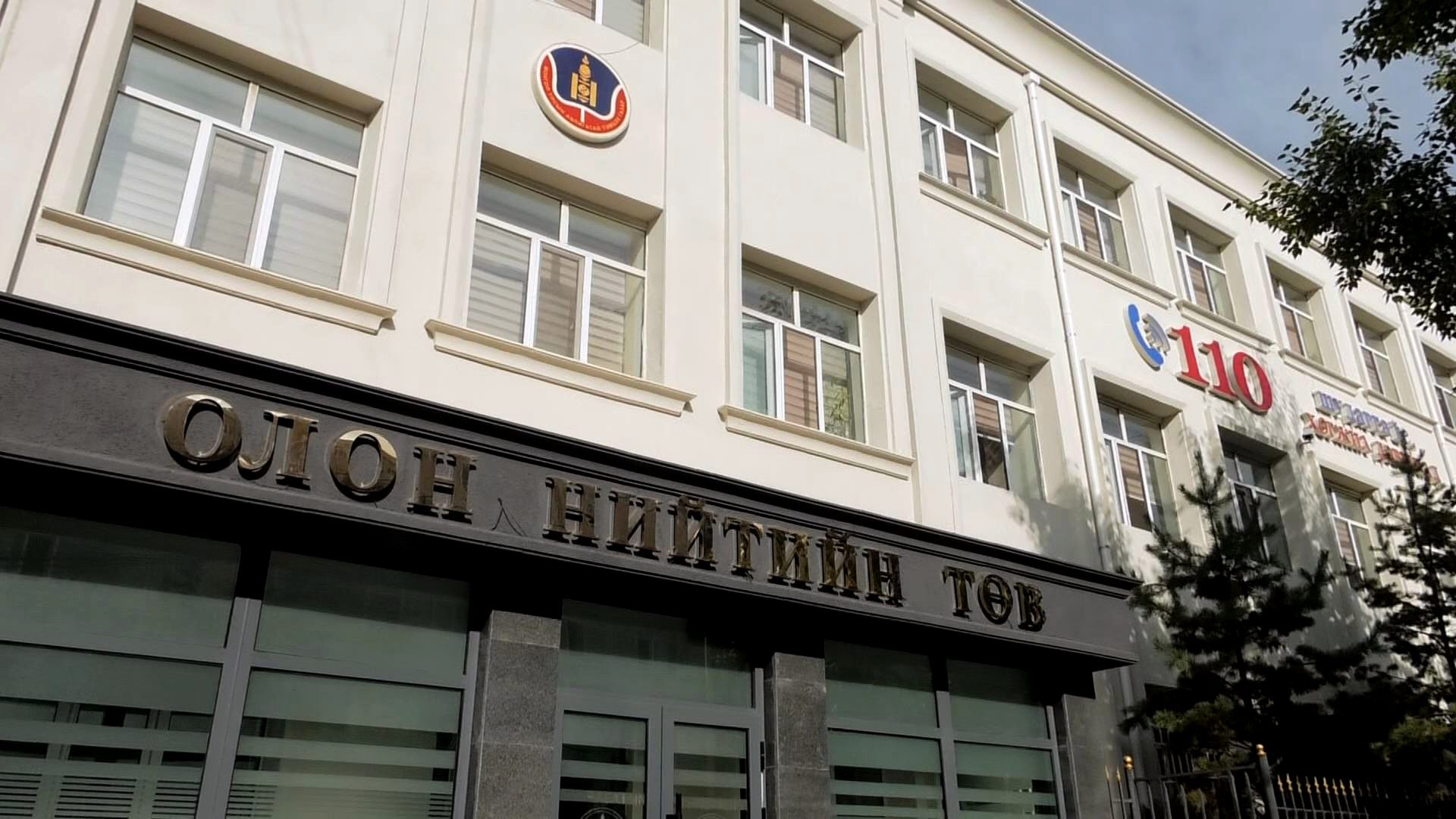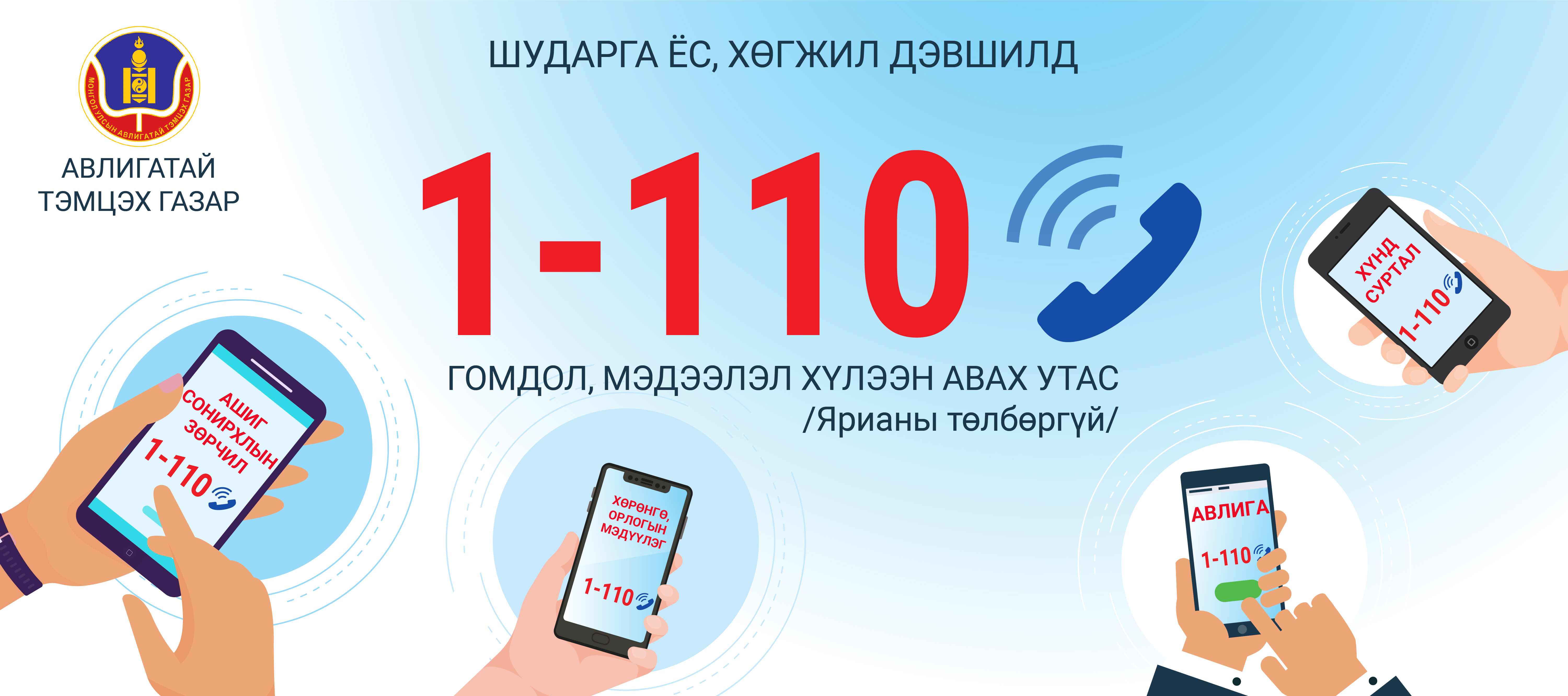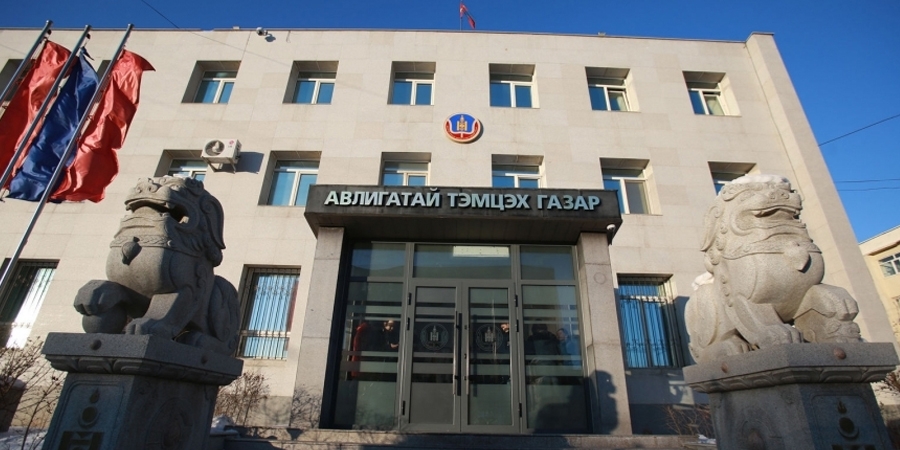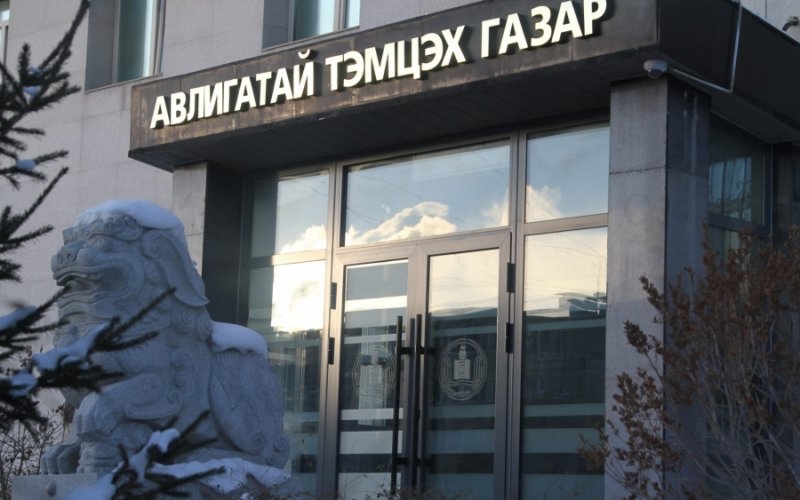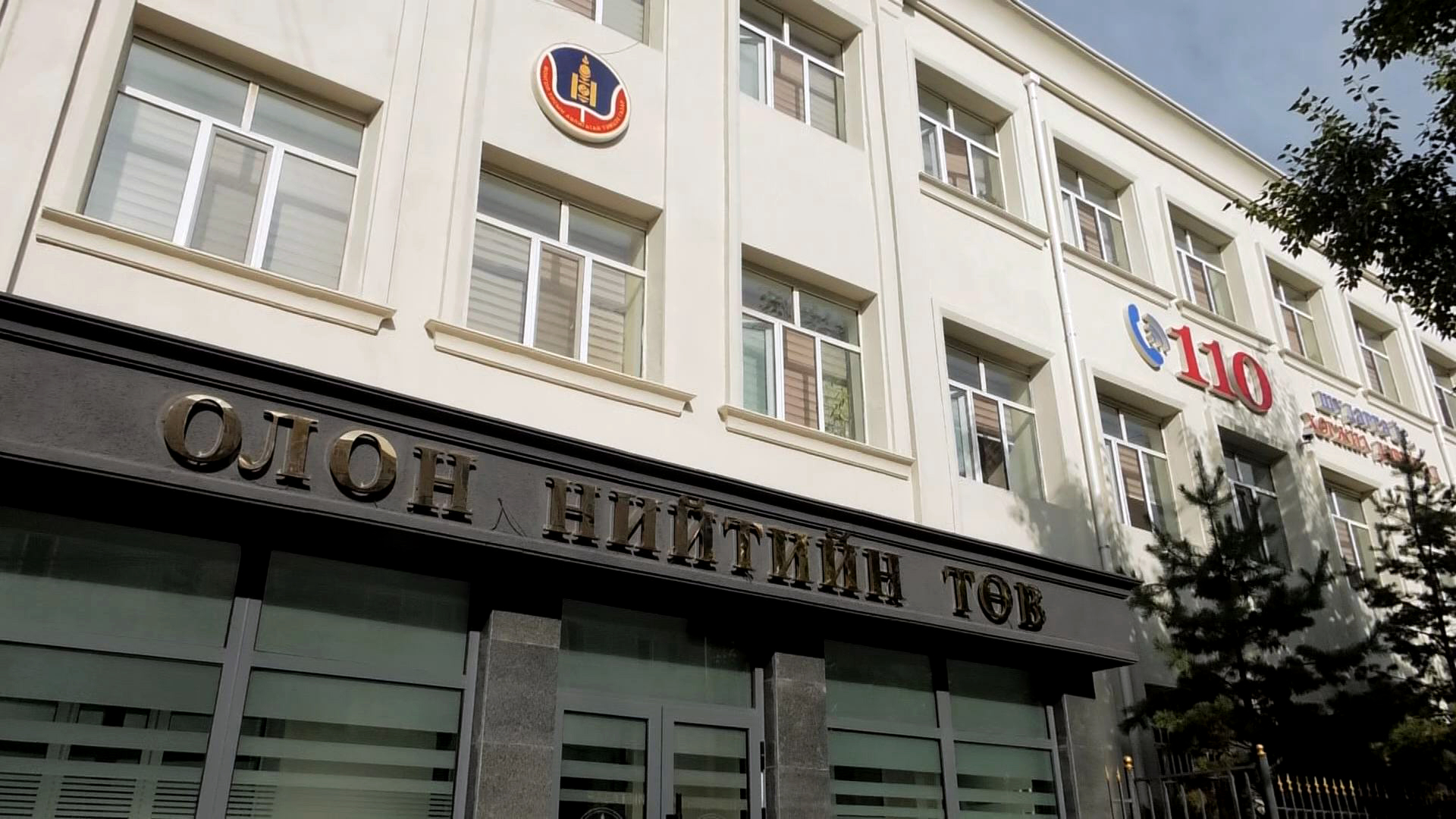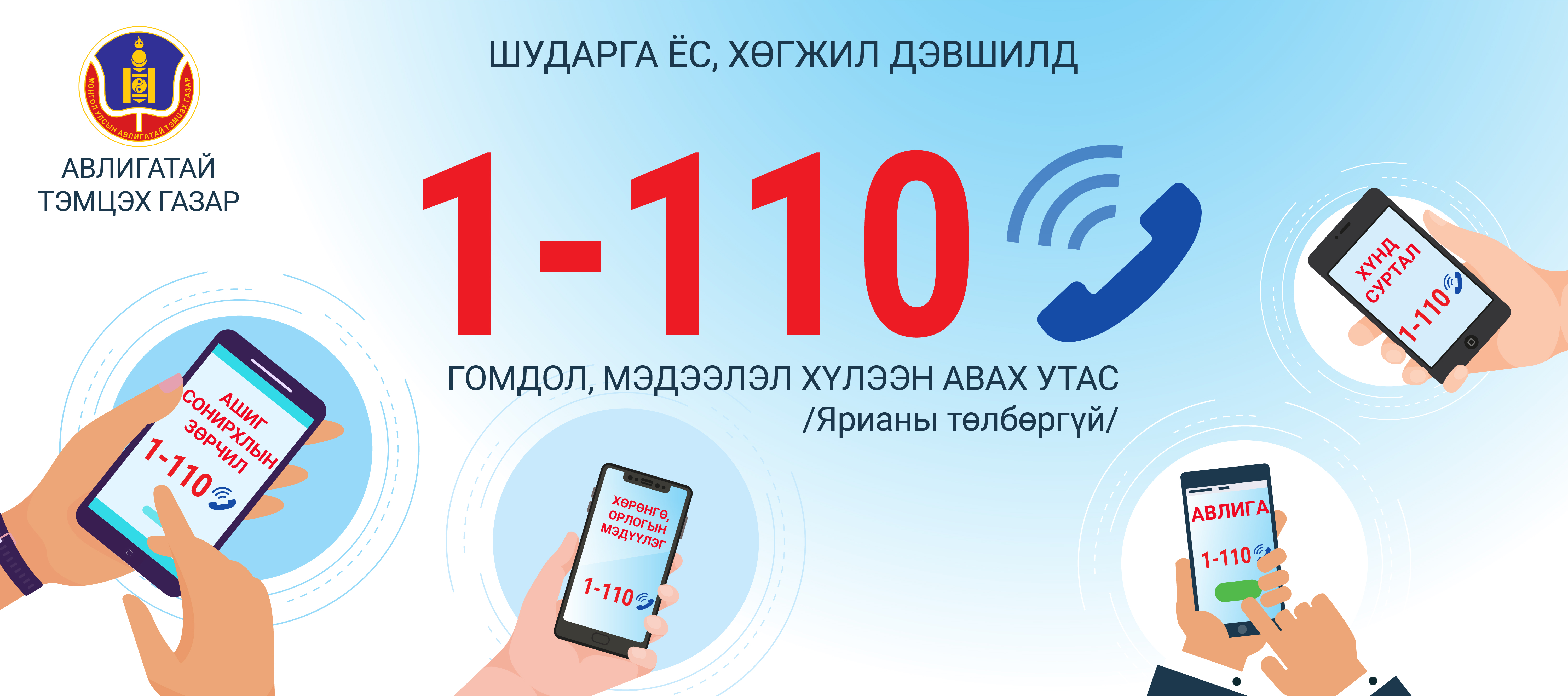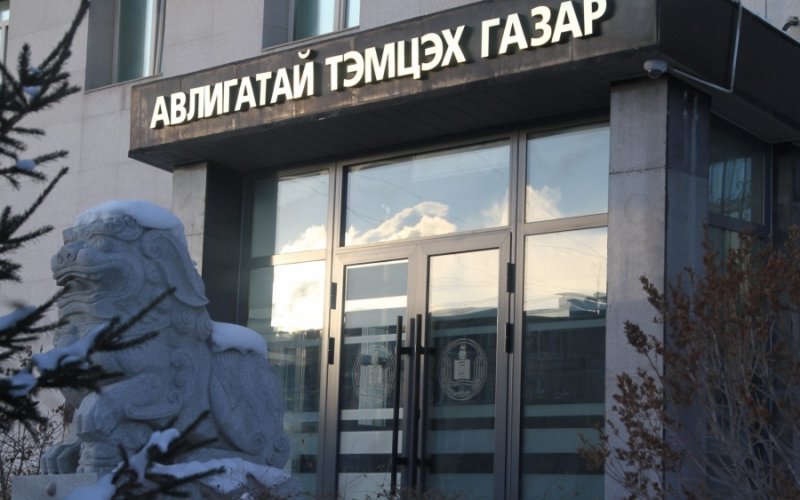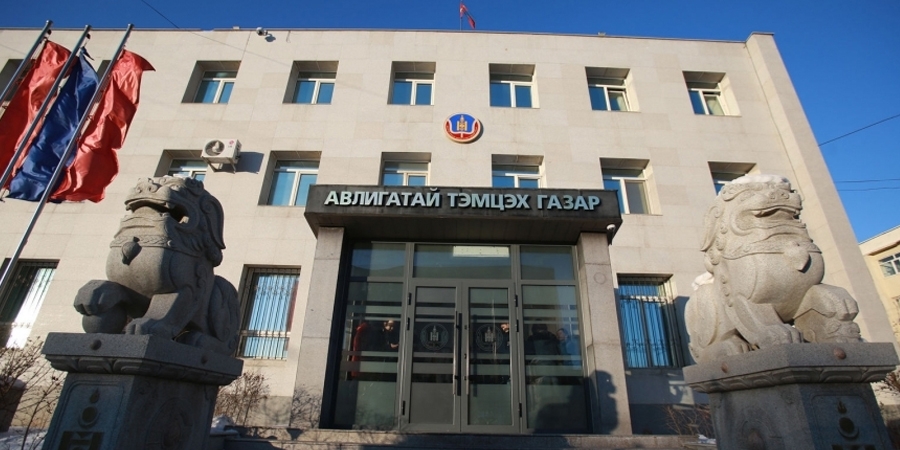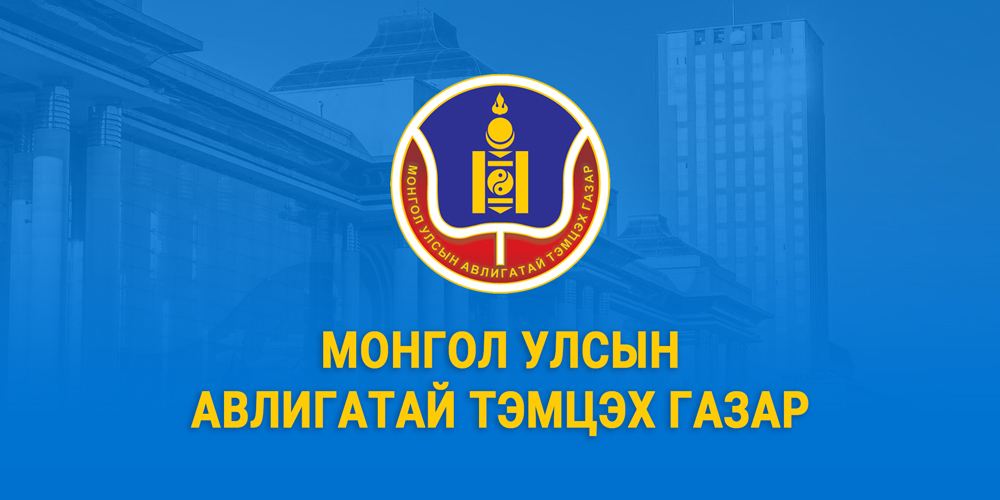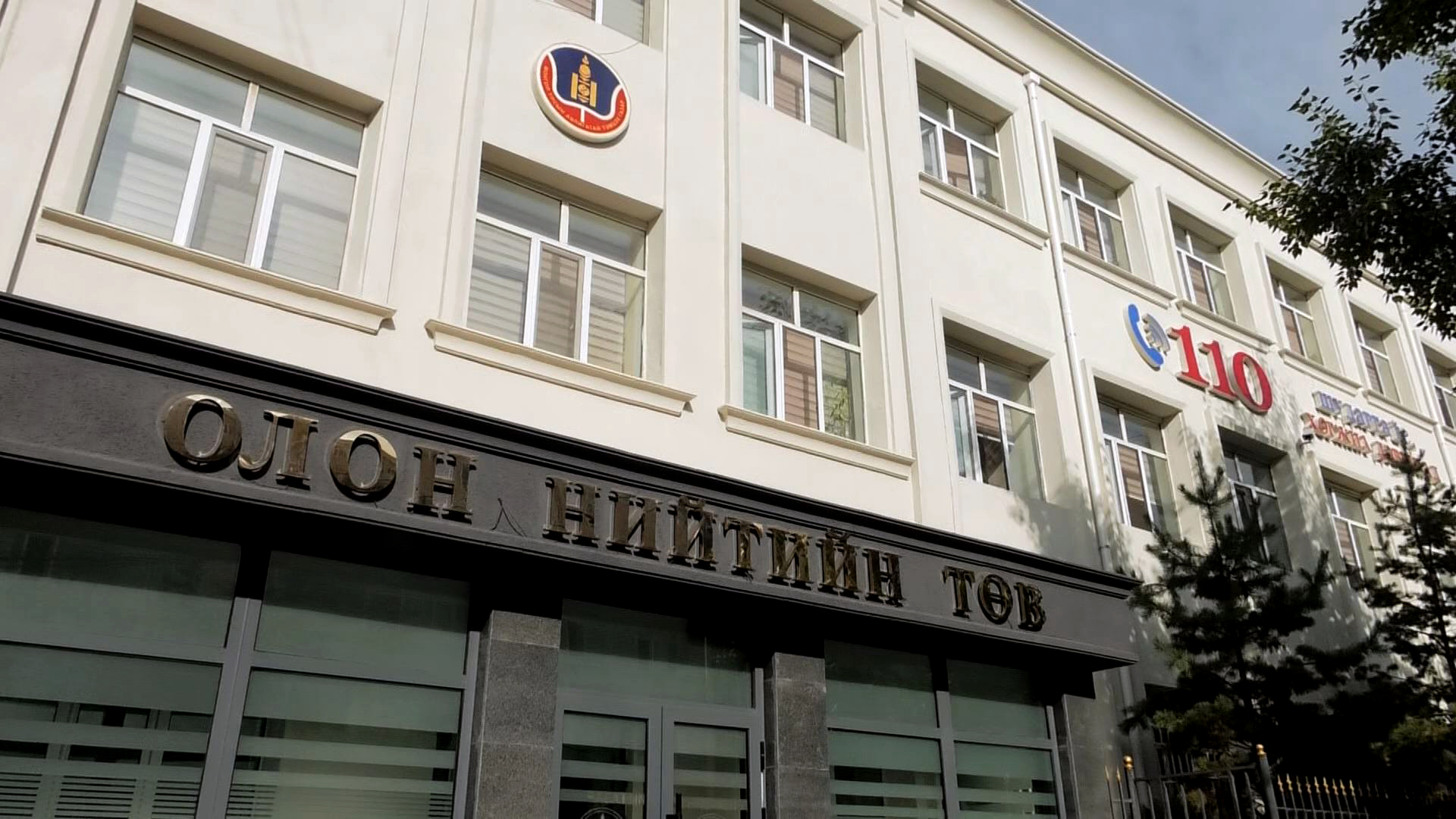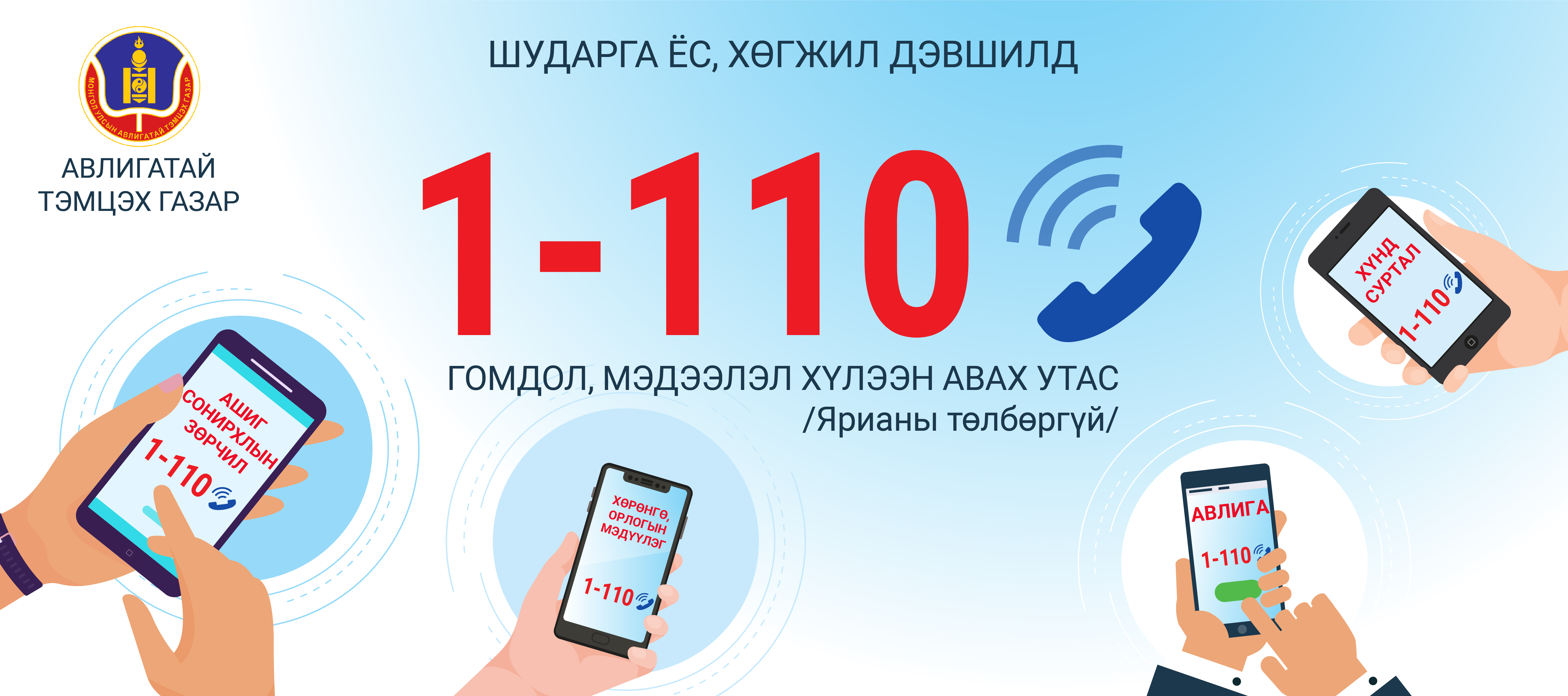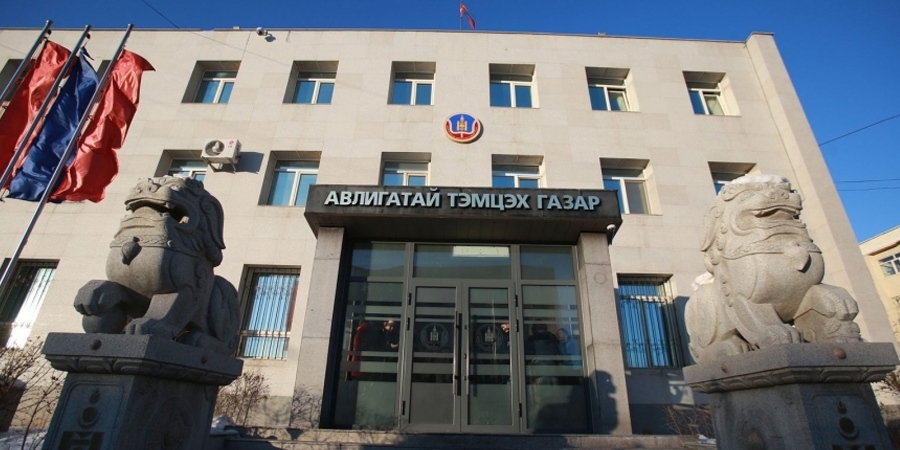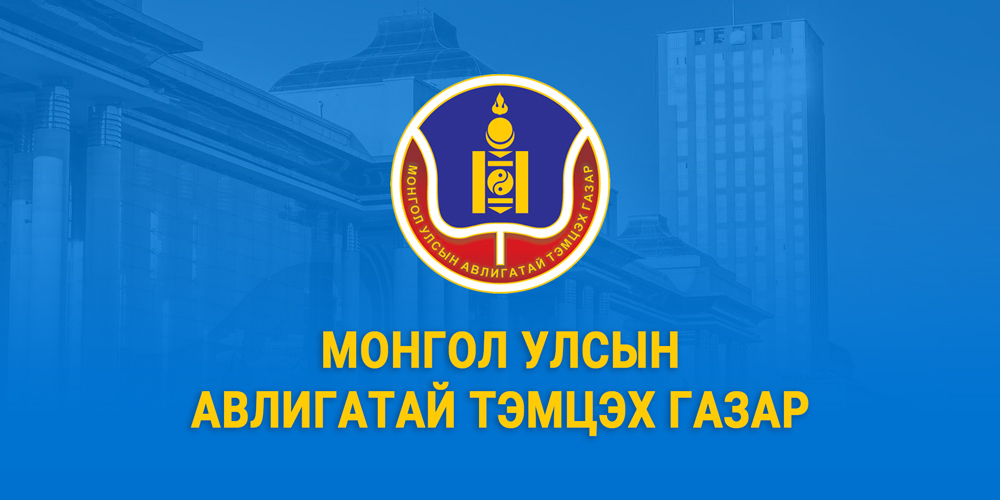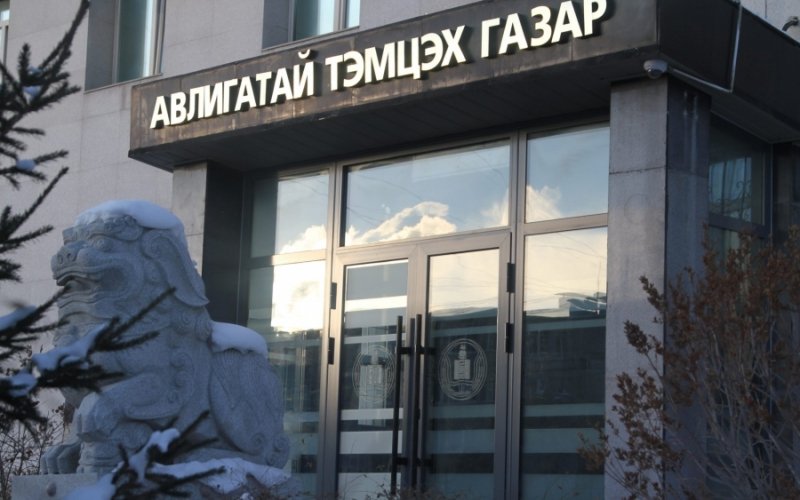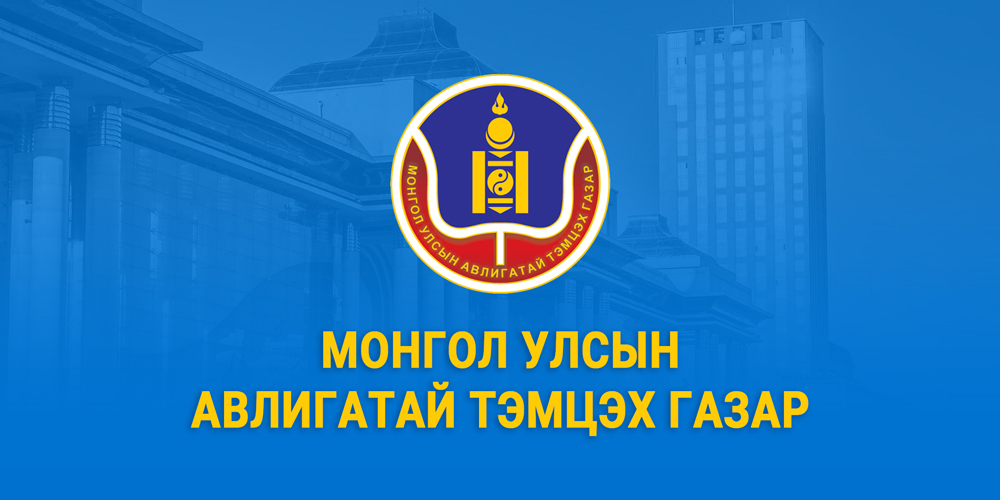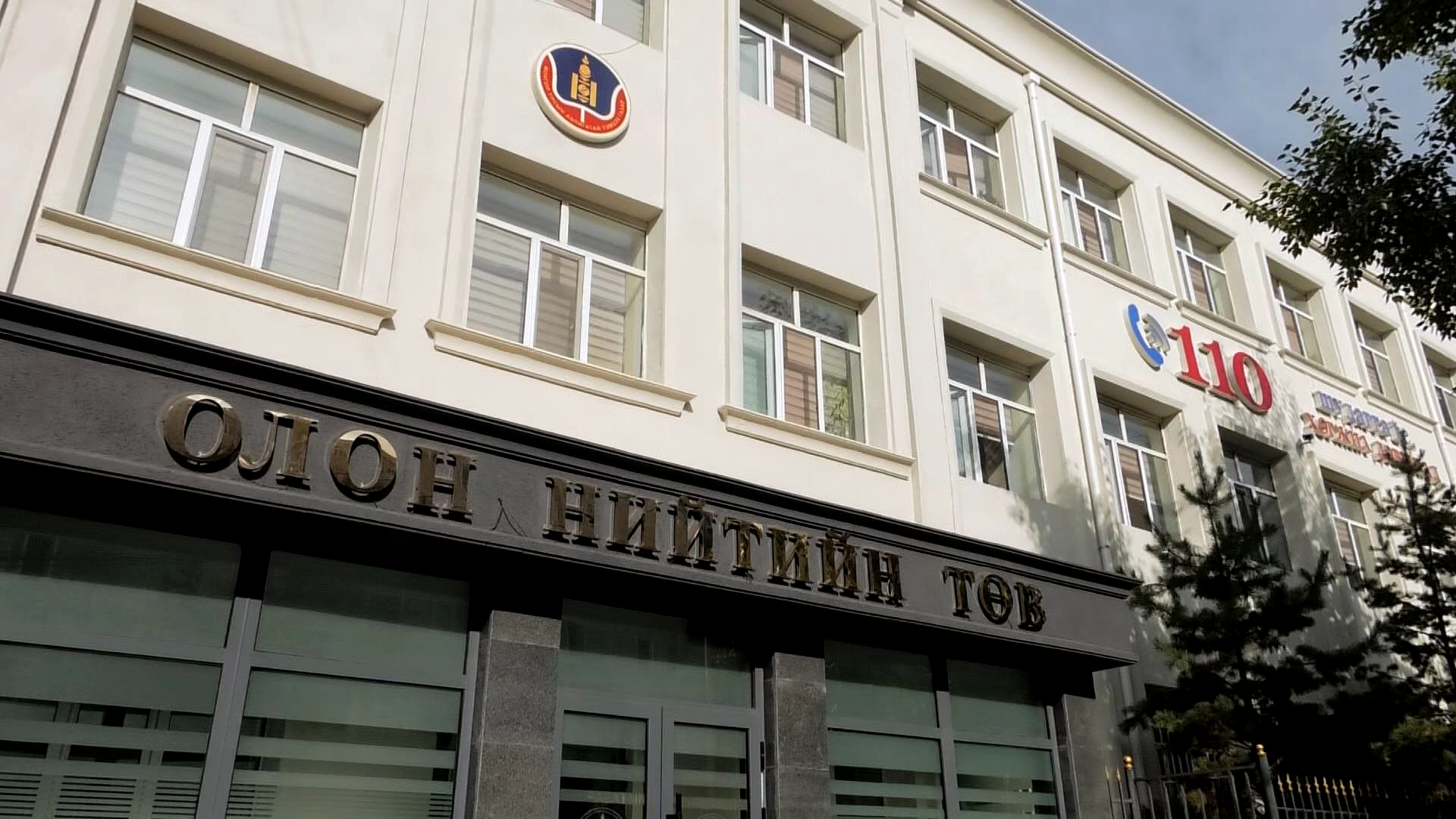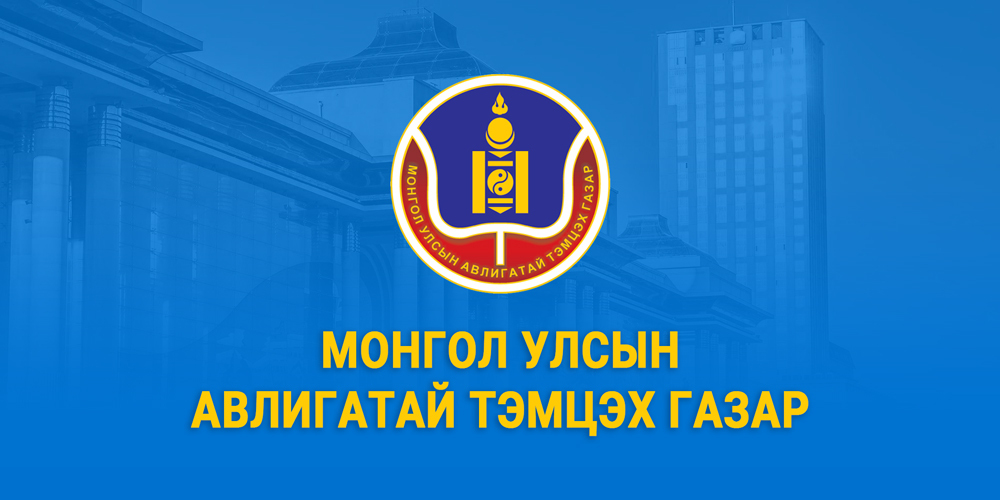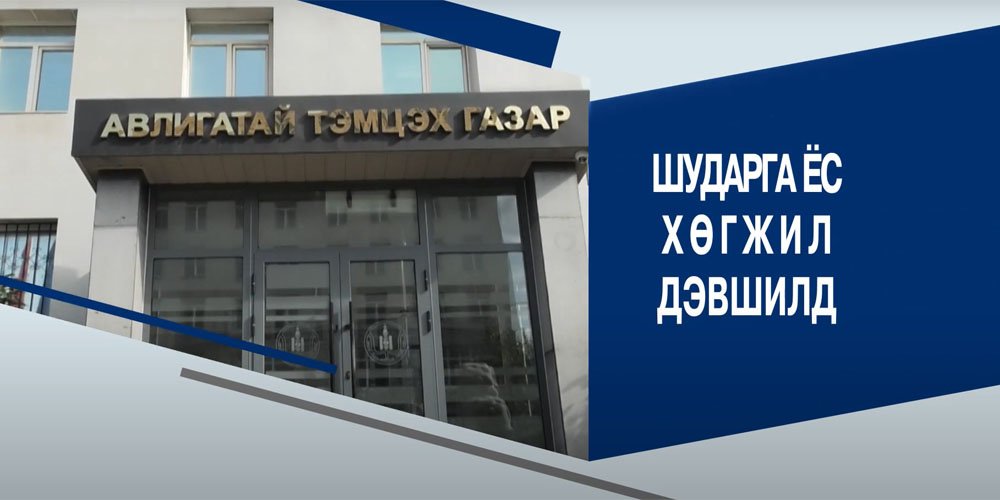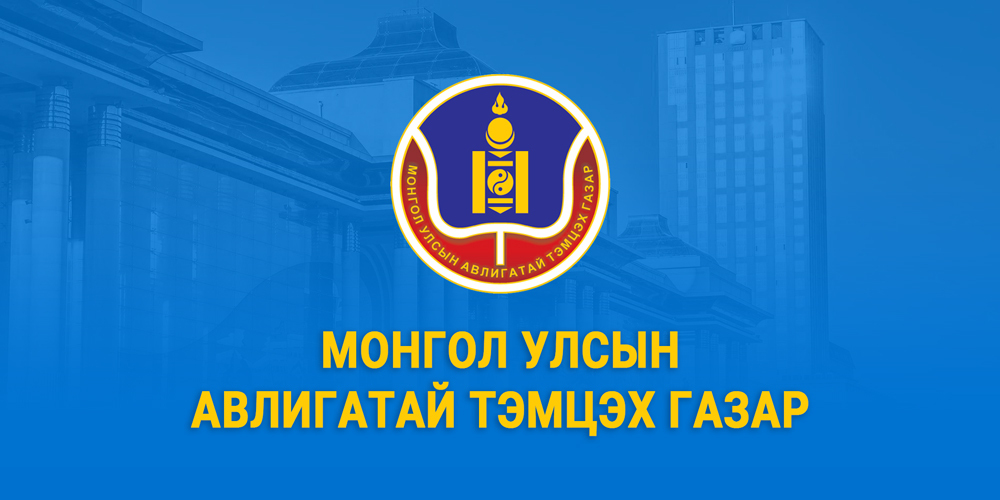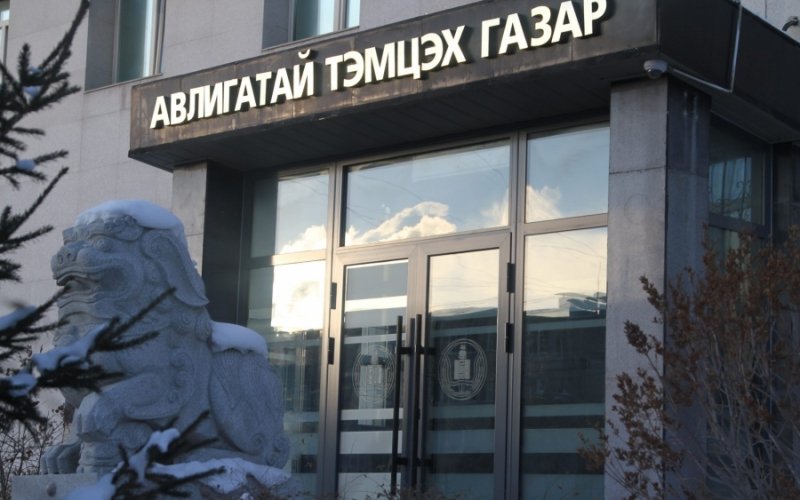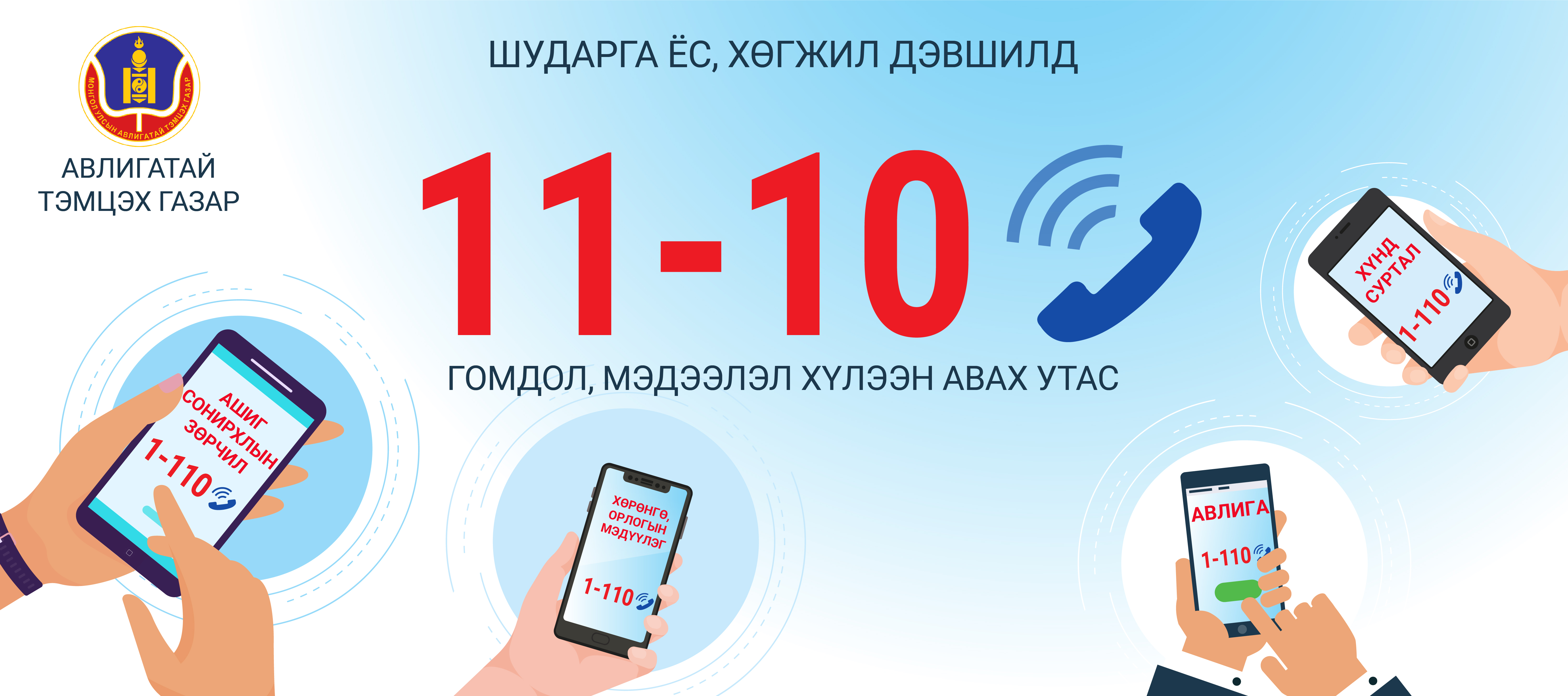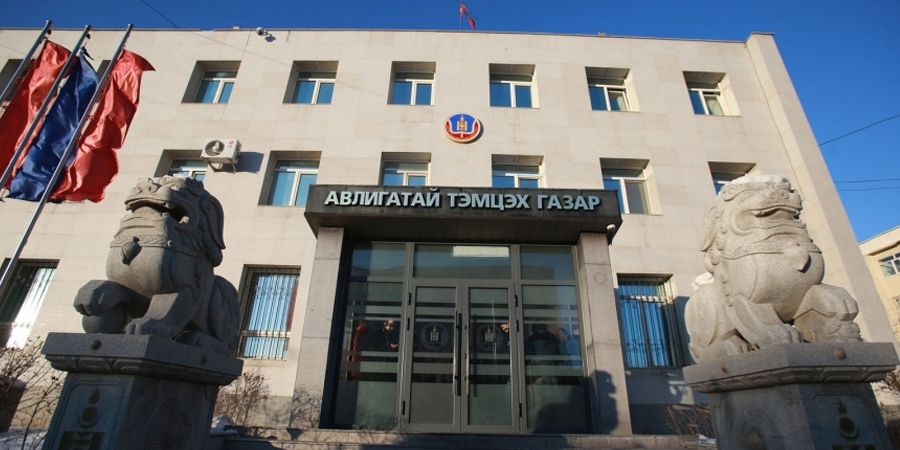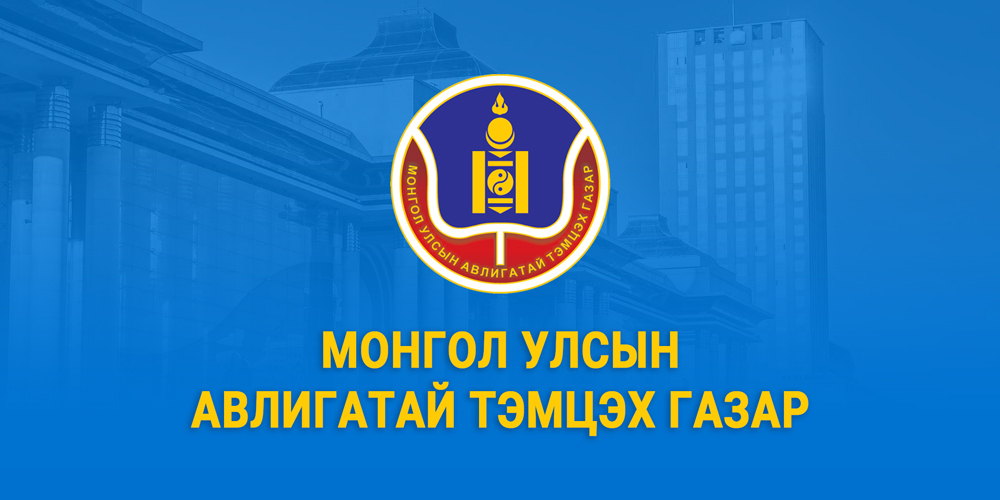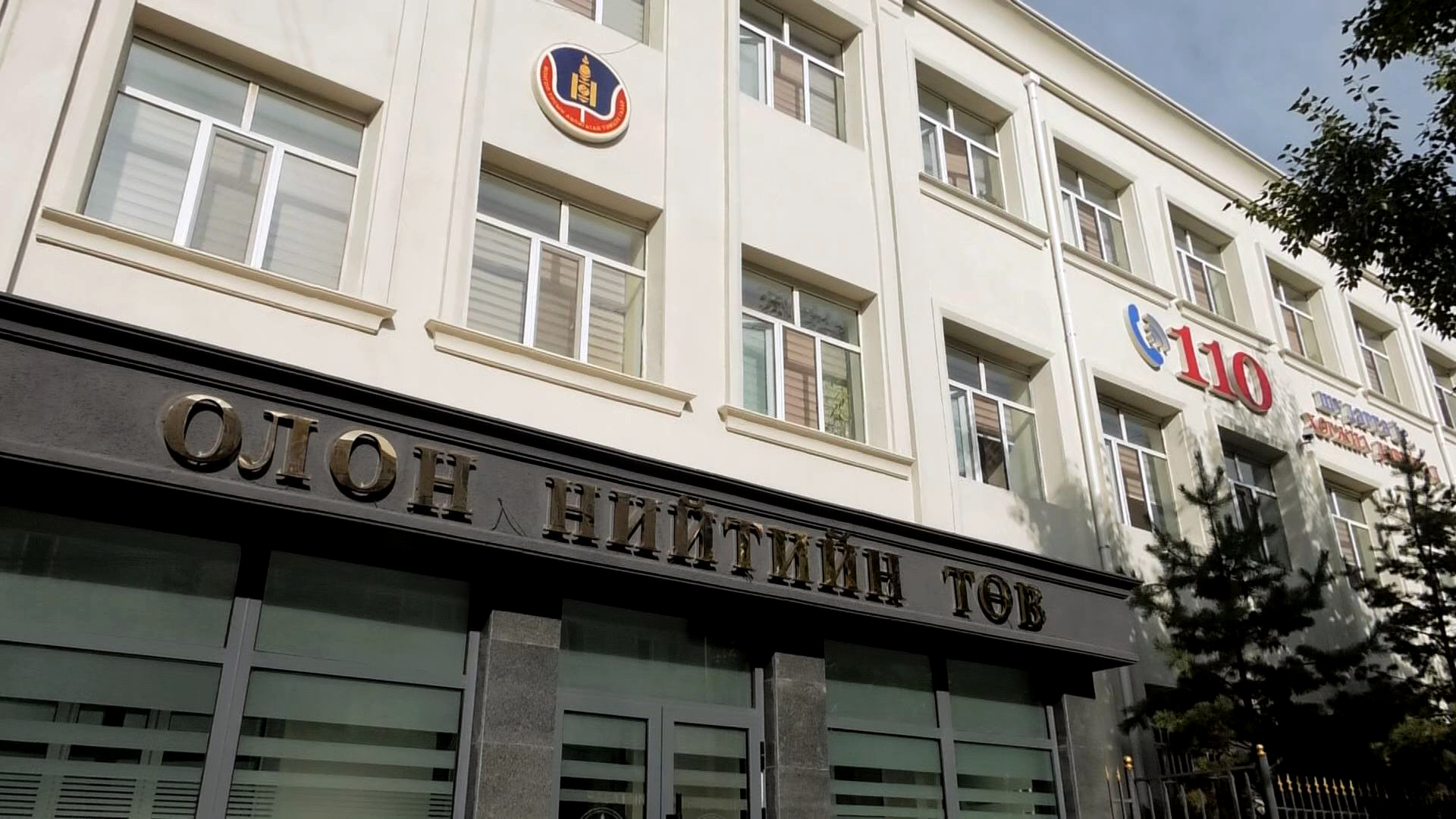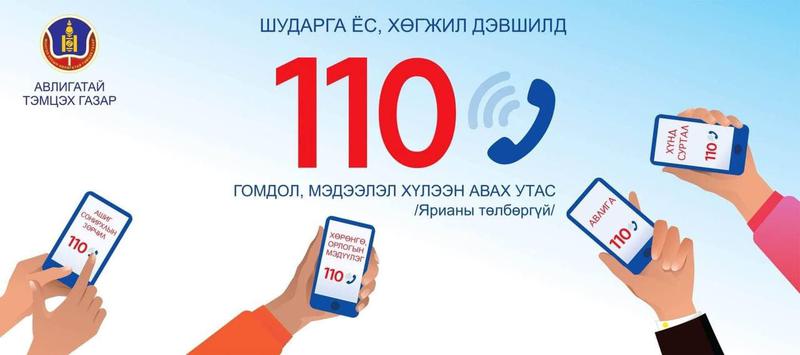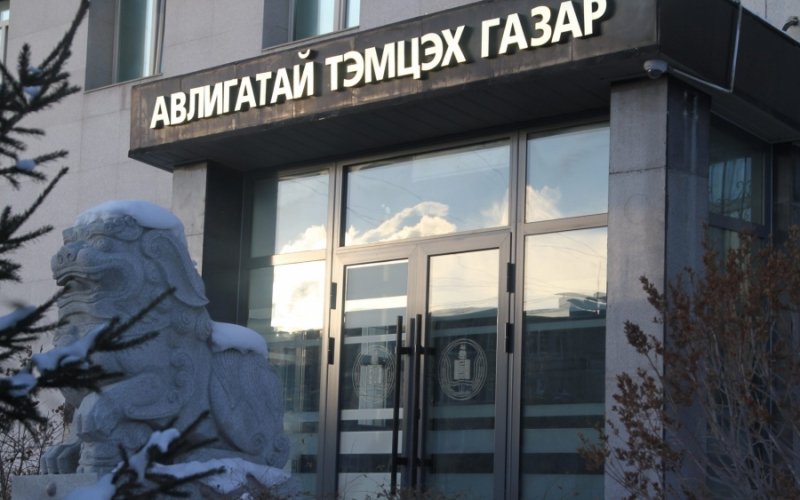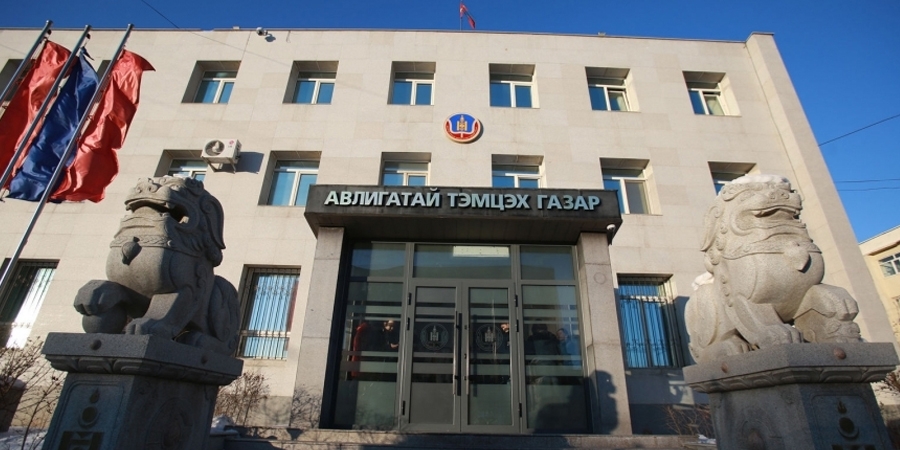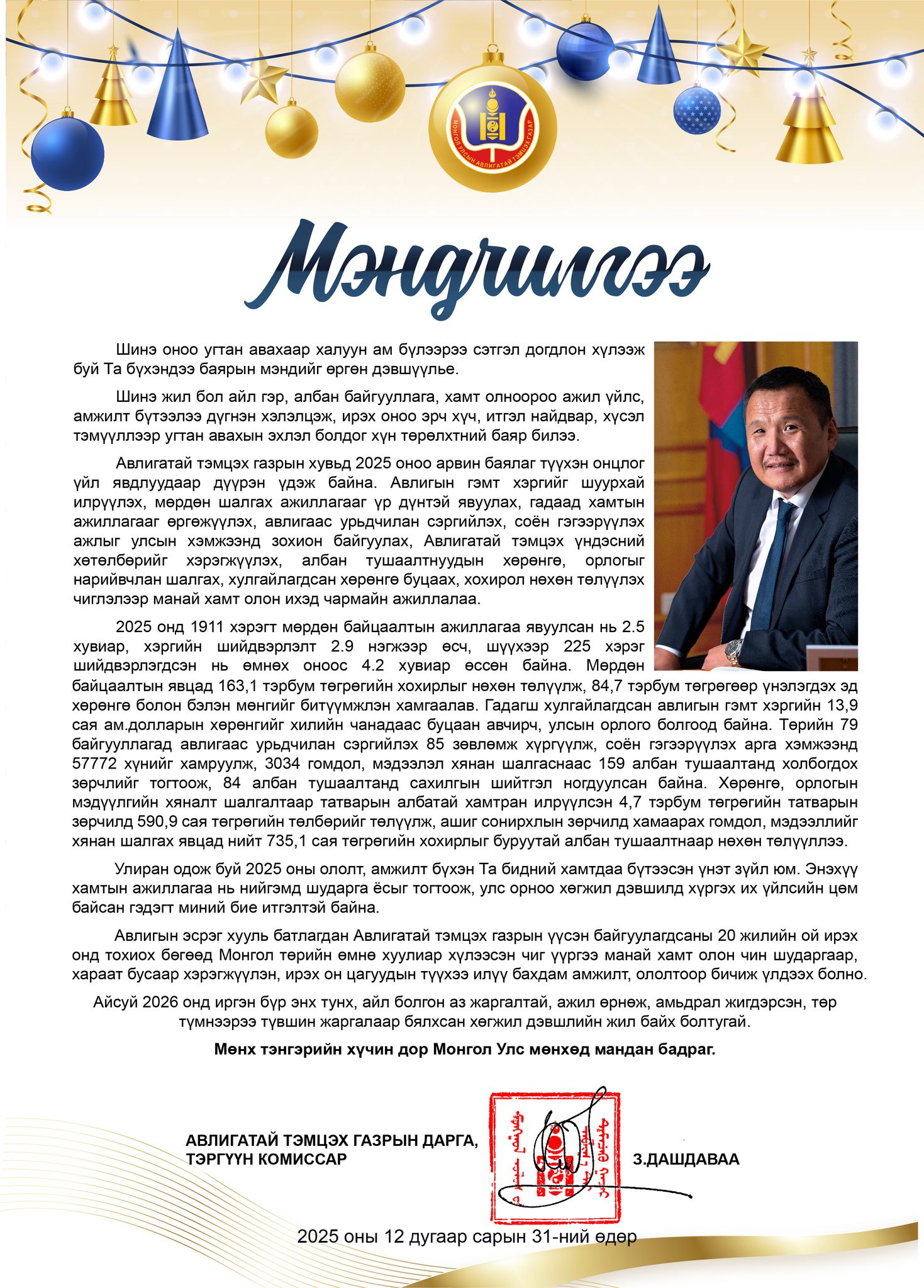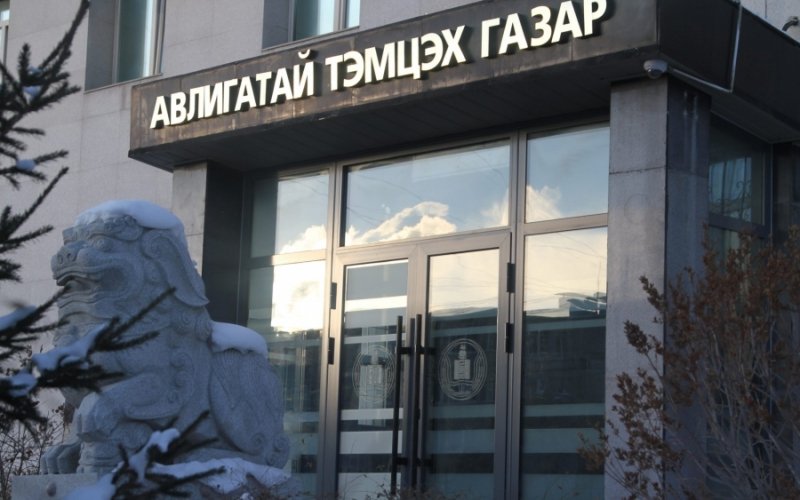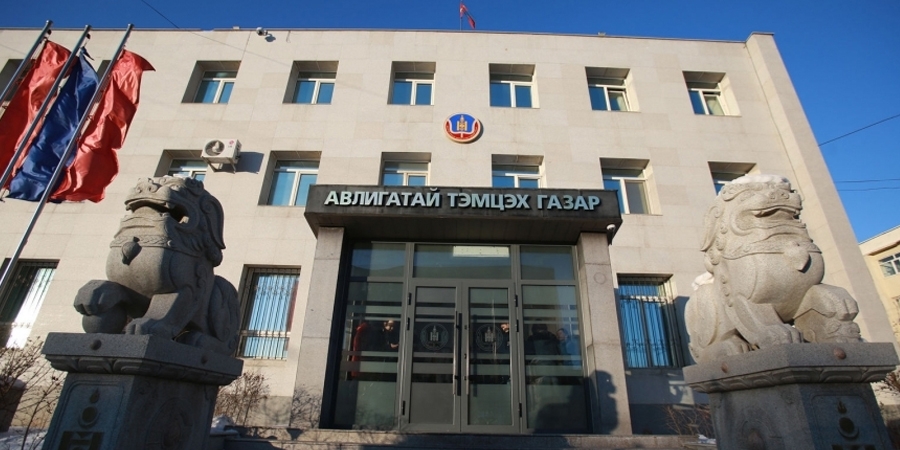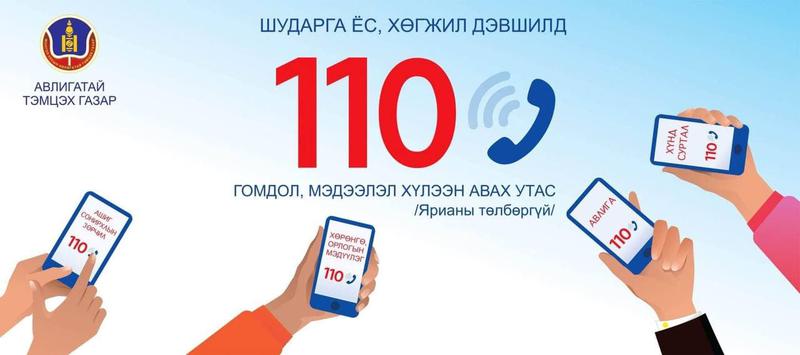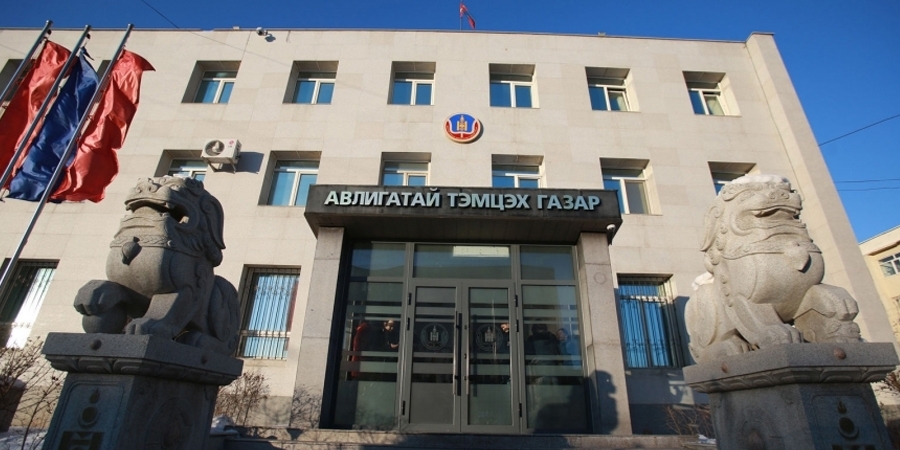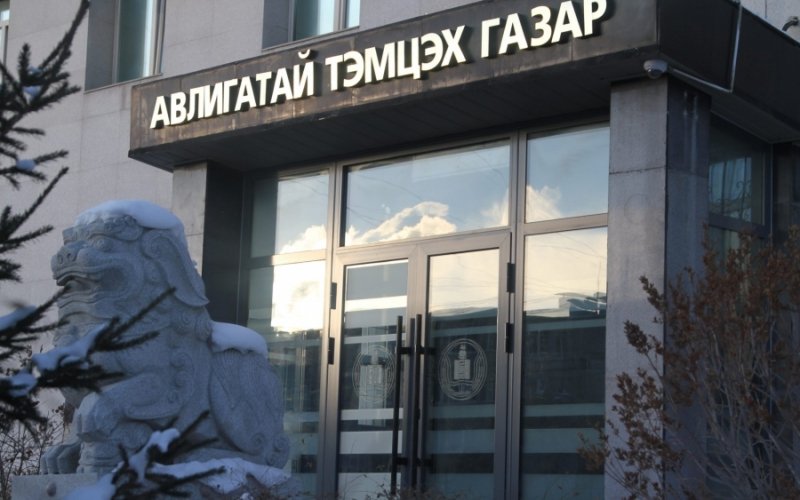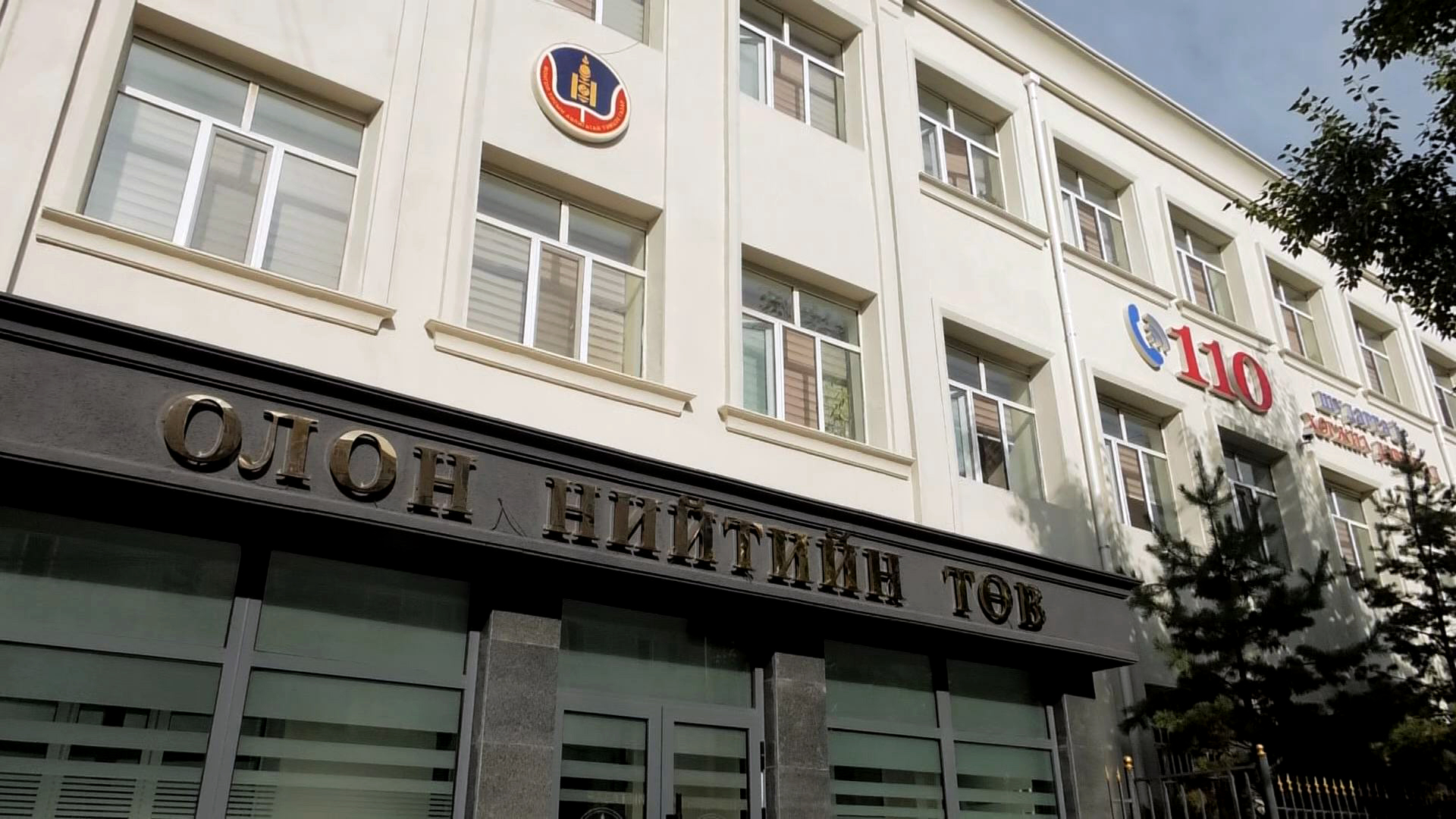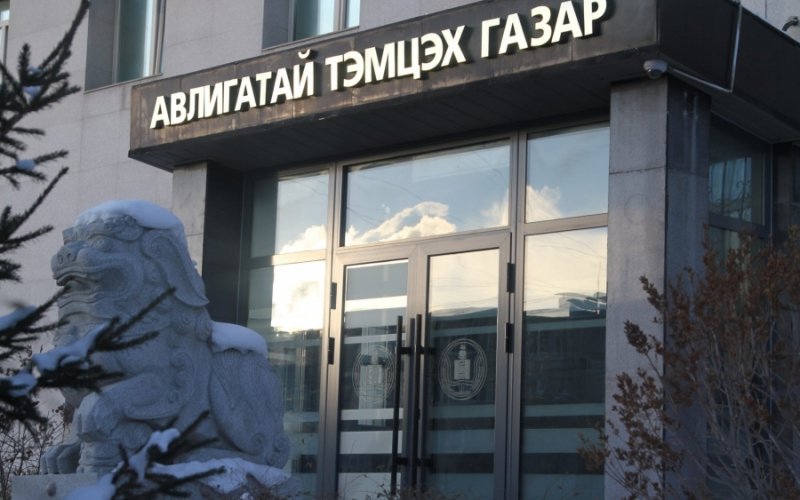
ONLINE DISCUSSION ON THE RESULTS OF GOVERNMENT SERVICES TRANSFERRED TO NON-GOVERNMENTAL ORGANIZATIONS WAS CONDUCTED
IAAC had organized an online discussion on Government services transferred to Non-Governmental organizations.
Dulamsuren, Head of the Prevention and public awareness department of IAAC, Sainzorig, Head of Department of Ministry of Justice and Home affairs, Sugarmaa, Head of Division of Ministry of Roads and Transportation, Gantulga, Head of Department of Ministry of Construction and Urban development, researcher Galbaatar, Javzankhand and representatives of associations and NGO’s participated in the discussion on “Results and effects of government services transferred to NGO” conducted on November 25, 2020.
National Anti-Corruption strategy includes “Monitoring the activities of NGOs performing some of the government functions on contract basis, informing the results to the public and taking appropriate measures”. Within this framework, the results of government services transferred to NGOs were monitored and evaluated.
Monitoring and evaluation covered 849 NGOs and associations. During the webinar, researchers noted common shortcomings such as poor contract evaluation, lack of interest in financial reporting, and lack of information in the transparency criteria.
There is an urgent need to study the legal environment that regulated the delivery of government services to NGOs on a contractual basis, researching the legal system and experience of foreign countries, and determine the reality on this basis. However, as the results of this work have not yet been evaluated, thus the government has little to no understanding of what the final results are and how they can be improved.
Participants of the discussion emphasized that discussion of the results of the evaluation commissioned by IAAC with the participation of representatives of relevant organizations was important in determining the future policy and direction. Furthermore, it is considered necessary to take further measures such as policy and organizational measures such as reducing bureaucracy, holding public officials accountable, empowering NGOs, setting clear criteria and requirements for the structure of organizations, enabling them to operate sustainably, creating a unified database, conducting consumer assessments and assessing corruption risks.
As a result of the discussion, it was decided to process recommendations and submit them to the relevant authorities.



